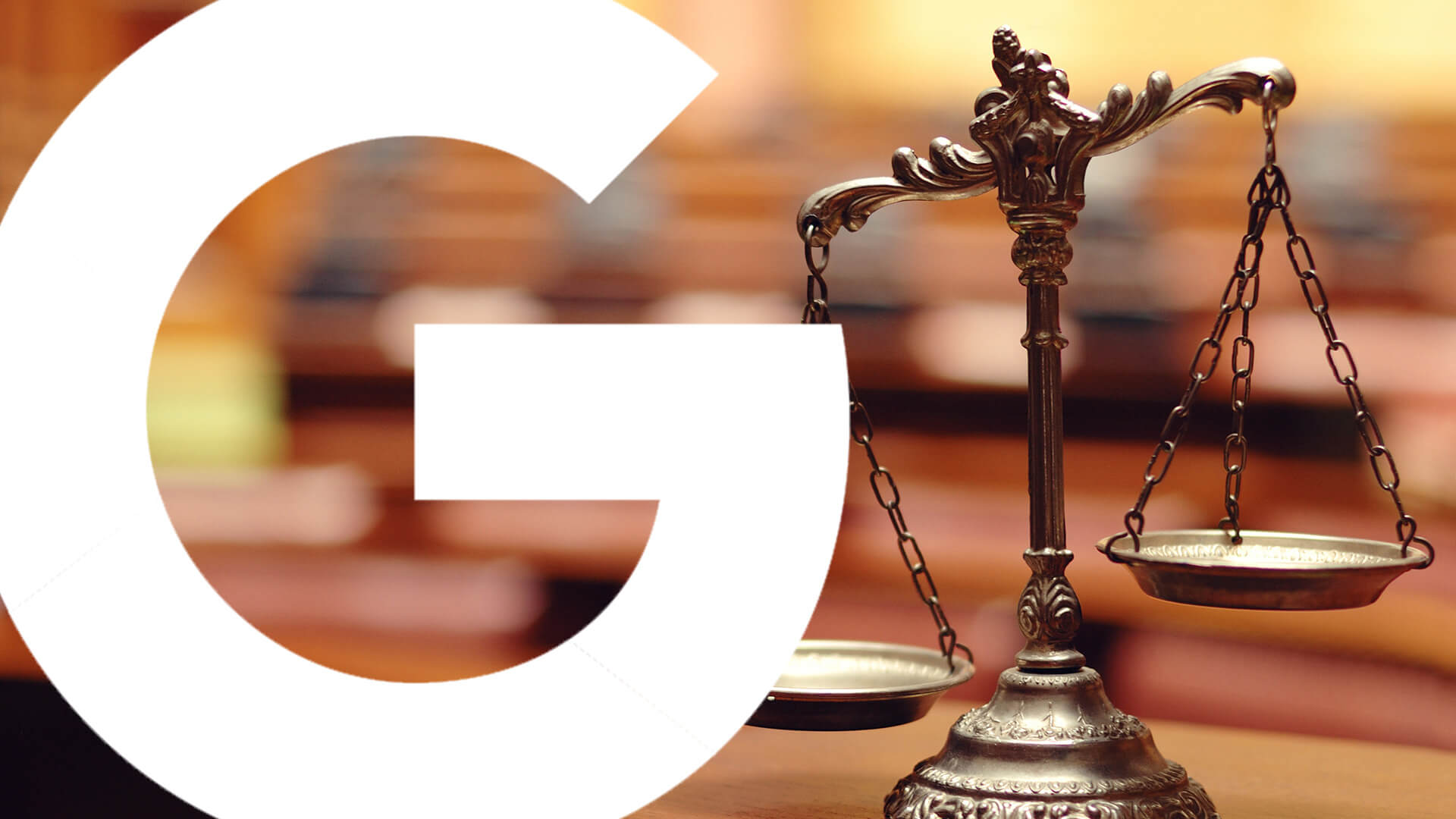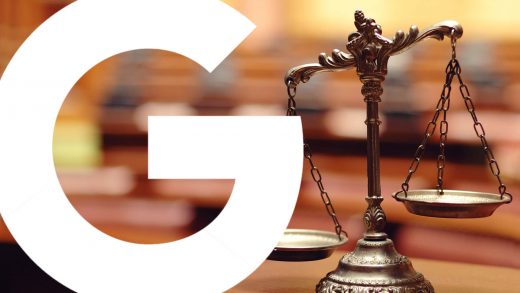Google Ordered To Identify People Who Searched For Crime Victim’s Name
Google Ordered To Identify People Who Searched For Crime Victim’s Name
by Wendy Davis, Staff Writer @wendyndavis, March 20, 2017
For years, watchdogs have warned Google and other companies that they’re putting people’s privacy at risk by collecting and storing too much information.

Tech companies have downplayed the concern, arguing that they need the information they amass — including everything from people’s search queries to their IP addresses to their geolocation history.
Silicon Valley companies publicly promise to protect that information. Increasingly, however, there’s reason to think they’re not able to do so.
The latest example comes from Edina, Minnesota. Police there recently obtained a stunningly broad warrant requiring Google to provide data about anyone in the area who searched for the name of a local crime victim.
The police are seeking the information as part of an investigation into identity theft and fraud. Someone created a fake passport for the victim, identified only as “Douglas,” and then obtained $28,000 from an account he had with a credit union. Whoever created the passport appeared to have used a photo found on Google’s search results page.
Based on those facts, Hennepin County Judge Gary Larson signed a warrant requiring Google to turn over a trove of information about anyone who searched for variations of Douglas’s full name between December 1 2016 and January 7 of this year — including those users’ names, addresses, email addresses, phone numbers, IP (Internet protocol) addresses and MAC (media access control) addresses.
It’s not clear what Larson was thinking when he signed this warrant, but it obviously could expose innocent people’s search activity to the police. Clearly, there are plenty of legitimate reasons for people to have Googled the victim’s name: Potential employers may have searched on the name to investigate him, as could potential dates, friends or neighbors. People from his high school may have wanted to look him up; employees of the credit union may have searched for information about Douglas on Google.
Some legal observers have criticized the warrant, arguing that it may violate people’s right to be free from unreasonable searches and seizures. University of Minnesota law professoBill McGeveran told the Minneapolis Star Tribune that the warrant is comparable to “dragnet searches that the Fourth Amendment is designed to prevent.”
Google plans to fight the warrant, according to the Star Tribune. But it’s not clear whether the company will be allowed to challenge the warrant on the grounds that it violates the privacy rights of users.
That’s because some courts have said that only people whose privacy is violated are able to challenge a search warrant. What’s more, they’re typically only able to do so after the fact.
These issues recently came up in New York, where the Manhattan District Attorney served Facebook with search warrants demanding detailed information relating to 381 accounts. The DA did so as part of an investigation into disability fraud.
Facebook tried to challenge the warrants on the grounds that they violated users’ rights to be free from unlawful searches and seizures. But a trial judge and appellate court ruled that the social networking company couldn’t challenge the warrants on those grounds. The New York Court of Appeals recently heard arguments in that case, but hasn’t yet issued a decision.
MediaPost.com: Search Marketing Daily
(52)













